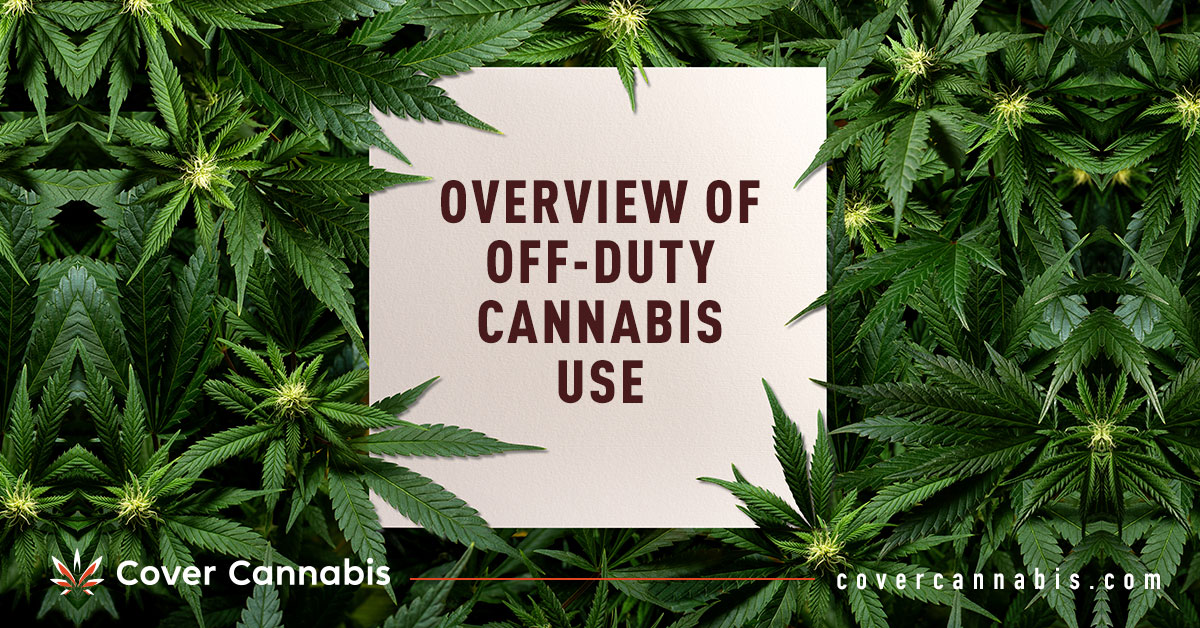


Most states that have legalized cannabis for medical and/or recreational use have left the decision of testing employees up to the employer’s discretion. Employers want to ensure that no employee comes to work intoxicated, but at the same time, off-duty use of cannabis is out of their control and would result in a failed drug test.
This leads us to ask:
Are employers responding to state laws by easing up on workplace policies regarding the use of cannabis? Are there policies for safety-sensitive job positions? Are the same rules and regulations still implemented?
Here are our answers.
If an employer requires a drug test and an employee has cannabis in their system, it is up to the employer to decide what steps need to be taken next. However, if a drug test is done illegally, the employee cannot be dismissed based on the illegal drug test results and they also have the right to sue their employer. While there are no clear federal laws with restrictions on drug testing, your state may have laws in place.
There also is a notable rise in these types of lawsuits, causing reputational and financial damage to businesses. For companies that are on the receiving end of a lawsuit, having the right resources and understanding of the laws in their state will help. Also, having liability insurance helps in protecting businesses against costly claims and provides additional finance for proper legal representation.
In 2012, Colorado and Washington were the first states to legalize the recreational use of cannabis. Since then, other states like Michigan and California followed suit. Consequently, regulations for recreational cannabis use come down to state laws. For example, in California, employers are not required to accommodate medical or recreational cannabis use in the workplace. In fact, many of the states with recreational cannabis use laws expressly state that they don’t affect an employer’s legal right to continue to enforce zero-tolerance workplace drug policies.
In states where medical cannabis is legalized, individuals who have serious health issues can register for a medical cannabis card if their doctor has authorized cannabis as their treatment. They are also protected from being prosecuted under state laws.
In general, employees cannot be discharged from duty or be discriminated against for being a medical cannabis user and they cannot be discharged because they tested positive for cannabis after a drug test. But employees can still get fired for being under the influence of cannabis during their work hours if used off-site and returning to work.
Learn more how to better insure your cannabis business, contact Cover Cannabis TODAY!